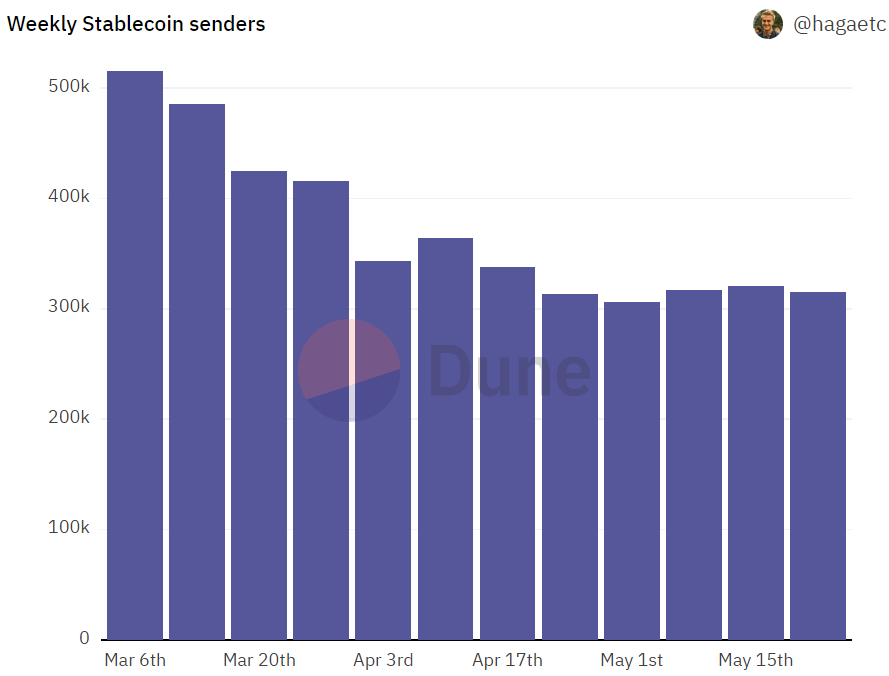Japanese firms can now issue stablecoins, after a long-awaited piece of legislation came into effect today.
The revised Payment Services Act was promulgated at midnight on June 1, 2023.
Under the terms of the act, all token-issuing firms must be able to prove they have the underlying assets that back their coins.
And only regulated banks, fund transfer service providers, trust companies, and other financial industry firms can issue these coins.
New anti-money laundering rules will also require distributors to keep records of transaction information.
But banks are thought to be keen to move into the space.
The newspaper Nikkei featured quotes from Kondo Hidekazu, of GU Technologies.
The firm provides stablecoin technology to regional banks such as Shikoku Bank.
Kondo said:
“Many regional banks are considering issuing stablecoins.”
Industry insiders also said that financial services providers might also look to launch “a digital community currency.”

Why Do Japanese Banks Want to Issue Stablecoins?
The media outlet stated that the “lifting” of the de facto ban on the domestic issuance of stablecoins was “expected to improve the efficiency of payments between companies in Japan and overseas parties.”
Experts think the B2B payments market is worth around $7.2 billion.
The Japanese media outlet CoinPost reported:
“If [Japanese] stablecoins lead to an increase in global transactions, it may become easier [for issuers] to earn fees by facilitating payments between multinational companies.”
Experts also said stablecoins could be used in the international remittances and online shopping sectors.
The new law stipulates that cryptoassets and stablecoins are fundamentally different.
It dictates that algorithmic or cryptoasset-backed “stablecoins” cannot be defined as stablecoins.
Furthermore, guidelines have been put into place that guarantee “user protection and compliance.”
Token issuers will be obliged to ensure they can “suspend the transfer and redemption of” payments to “wallets that they do not manage.”
The development will likely be of great interest to Japanese megabanks like Mitsubishi UFJ.
Mitsubishi UFJ and its partners began work on a stablecoin interoperability pilot in March.
The head of the nation’s central bank has also talked up stablecoins this year.
The bank chief claimed stablecoins can “co-exist” with central bank digital currencies (CBDCs).


